Hollywood
Vintage Ads So Controversial There’s No Way We’d See Them Today
Vintage advertisements are a great way to peek at the past and understand how people used to think. But although many vintage ads have been amusing and sometimes even inspiring, some were so controversial they wouldn’t fly today. Here are some examples of vintage ads that were so shocking you won’t believe they were made.
Table of Contents
1. Camel Cigarettes: The Great American Experiment:
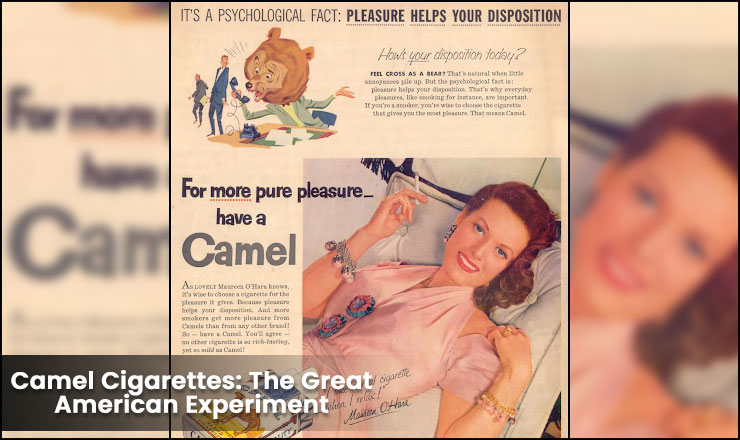
In the 1930s, Camel cigarettes ran a campaign called “The Great American Experiment”, encouraging people to smoke as much as they wanted and see if their lungs would stay healthy. The ads featured images of happy smokers that reassured people that their lungs would be safe if they smoked Camel cigarettes. Of course, this was completely false, and the Campaign was taken off the air shortly after.
2. Wrigley Gum: The Naughty Man’s Chew:
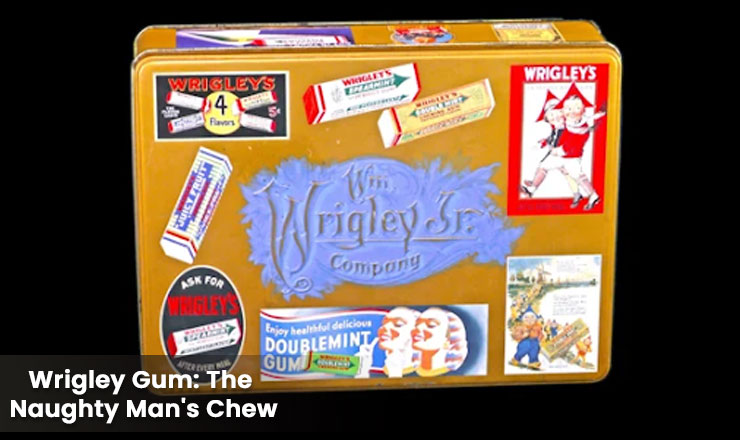
In the early 1900s, Wrigley’s gum ran an ad campaign titled “The Naughty Man’s Chew,” which featured a man in a suit with a big grin and two women hanging off his arms. The ad was meant to entice men who wanted to be seen as desirable by women. While this kind of messaging still exists today, it would not fly similarly.
3. Guinness Beer: The “Guinness for Strength” Campaign:
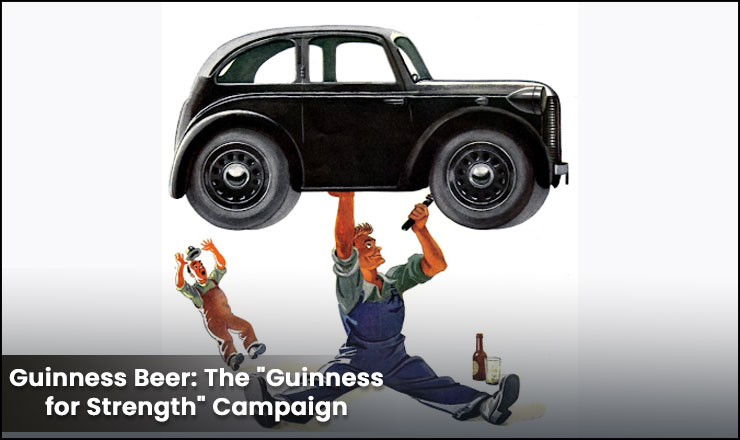
In the 1920s, Guinness beer ran an ad campaign titled “Guinness for Strength”, which showed images of men with strong muscles and captions about the strength you could gain from drinking Guinness. This kind of messaging was false and deceptive, so it’s no wonder this Campaign lasted only briefly.
4. Lucky Strike Cigarettes: Healthy Smokers Wanted:
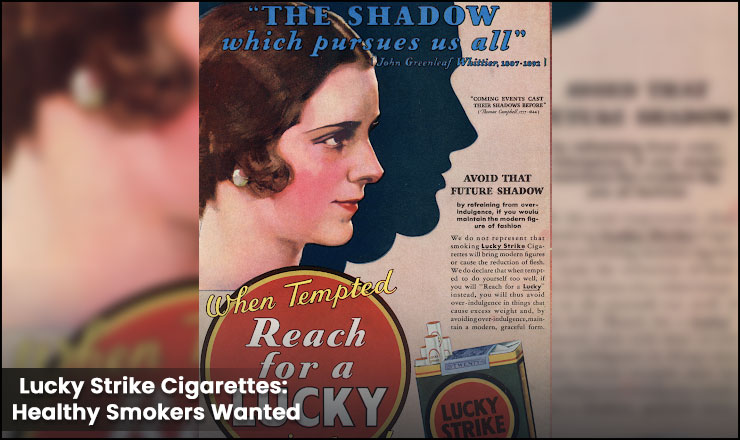
In the 1940s, Lucky Strike cigarettes ran a campaign titled “Healthy Smokers Wanted”, which featured images of healthy-looking people and encouraged people to “turn to Lucky Strike”. This Campaign was particularly controversial because it suggested that smoking benefits your health, which isn’t true.
5.Cocaine Toothache Drops:
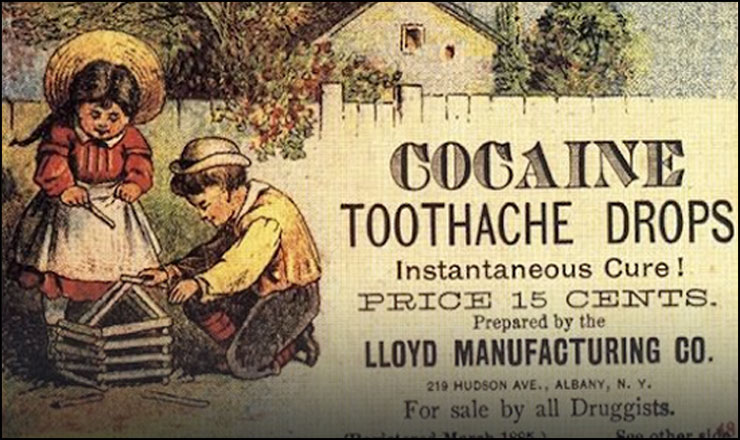
In the early 1900s, there was an ad campaign for cocaine toothache drops that claimed to be a “children’s cure-all.” This was shocking because it encouraged parents to give their children a highly addictive drug to relieve pain. This Campaign didn’t last very long.
6. Show Her It’s A Man’s World:
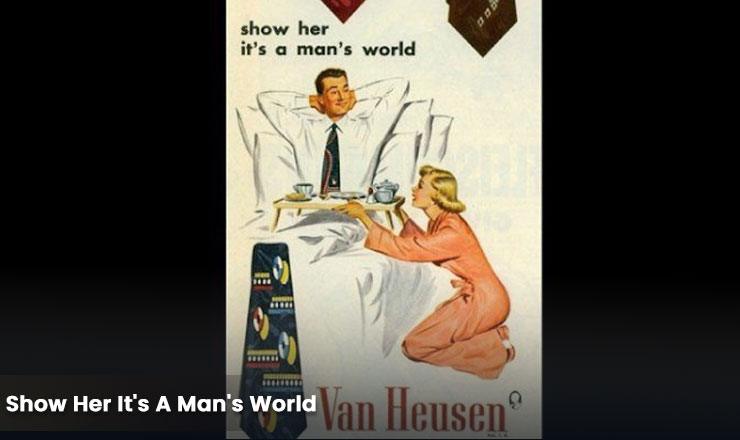
In the 1950s, a razor blade company ran an ad campaign titled “Show Her It’s A Man’s World.” This ad featured a man shaving and implied that men should be dominant over women. This kind of messaging would not be accepted today and was quickly taken off the air.
7. Cigarettes For Pregnant Women:
This vintage ad for cigarettes implies that it’s safe for pregnant women to smoke. This would obviously be a huge no-no in today’s world, where smoking while pregnant is strongly discouraged due to the potential health risks associated with it.
8. More Doctors Smoke Camels:
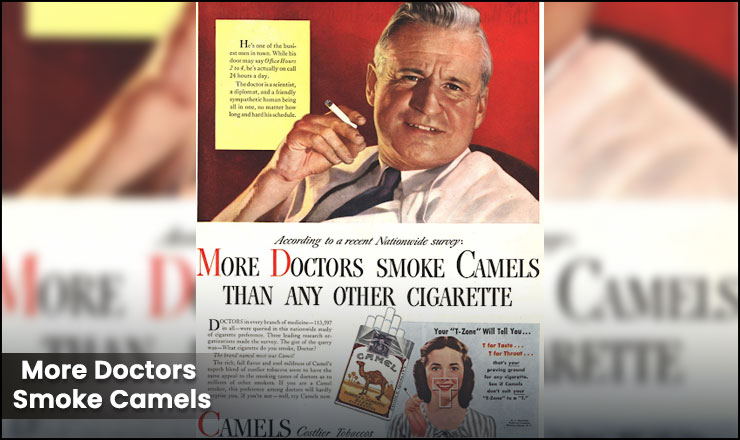
In the 1950s, Camel cigarettes ran an ad campaign titled “More Doctors Smoke Camels”, which featured images of doctors smoking and implied that it was safe. Of course, this wasn’t true, and the Campaign was quickly taken off the air.
9 . Blow In Her Face:
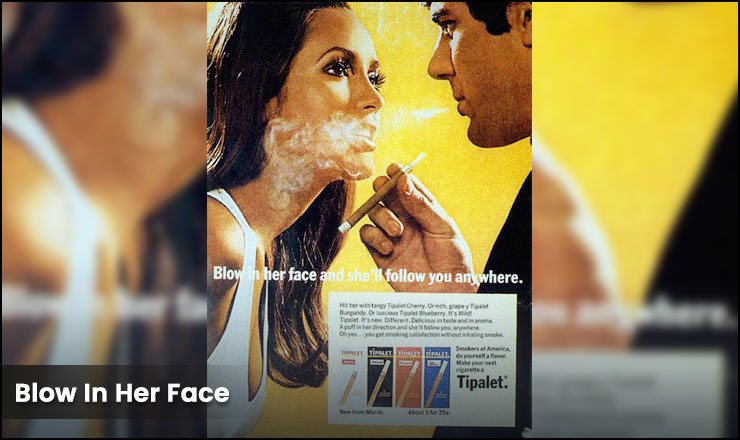
In the 1920s, Lux Soap ran an ad campaign titled “Blow In Her Face.” This ad featured a man blowing soap suds at a woman and implying that she should use Lux soap or risk being undesirable to men. This kind of messaging would have to be accepted today and was quickly taken down.
10 . SEGA: The More You Play, The Harder It Gets:
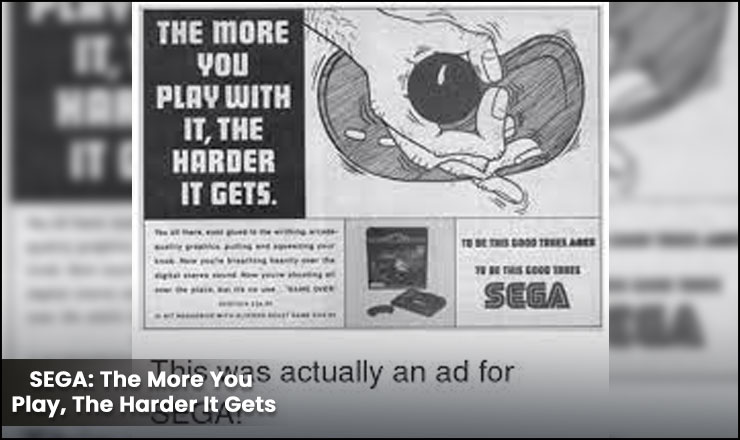
In the 1990s, SEGA ran an ad campaign titled “The More You Play, The Harder It Gets.” This Campaign was particularly controversial because it encouraged people to play video games in excess and potentially become addicted. Of course, this kind of messaging isn’t acceptable today, and it was quickly taken off the air.
Conclusion:
Advertising plays an important role in informing consumers about products or services. Still, it must be done responsibly without promoting messages which can cause harm or degrade certain groups of people. As we can see from the examples above, plenty of inappropriate and misleading ad campaigns have been taken down due to public outcry. As a result, advertisers need to be mindful of what kind of messages they are promoting to avoid repeating these mistakes.






